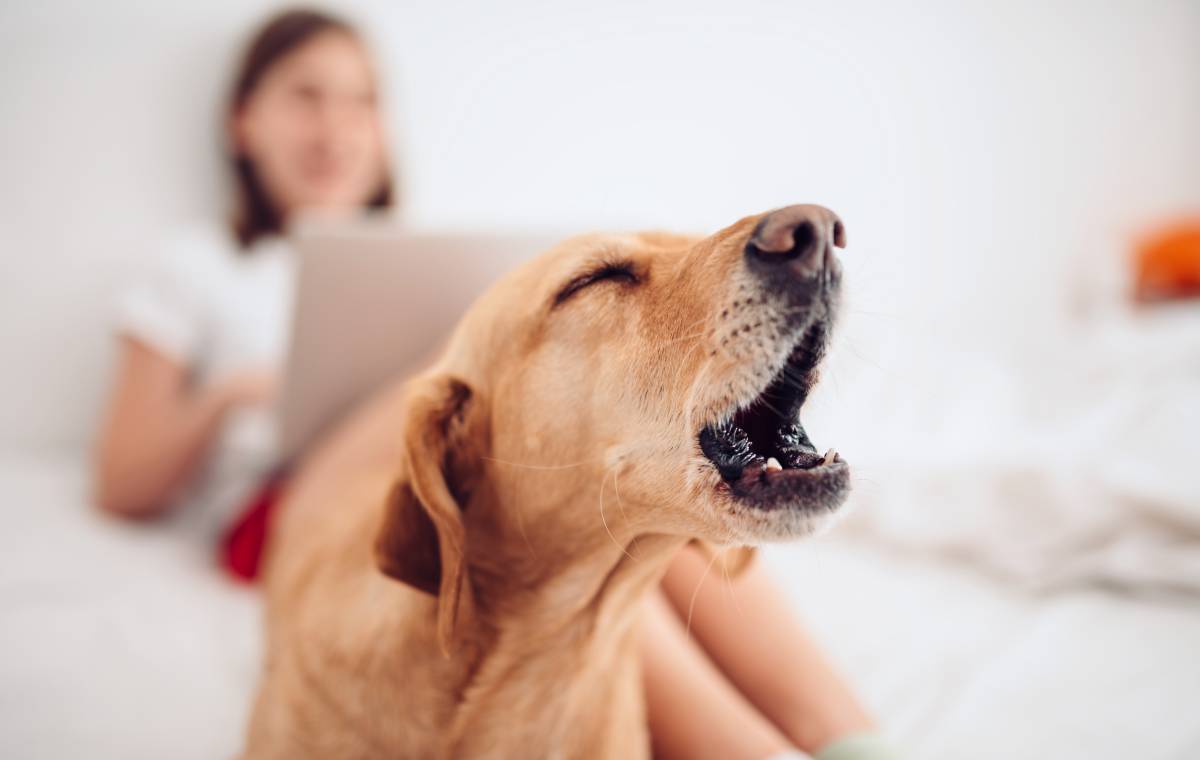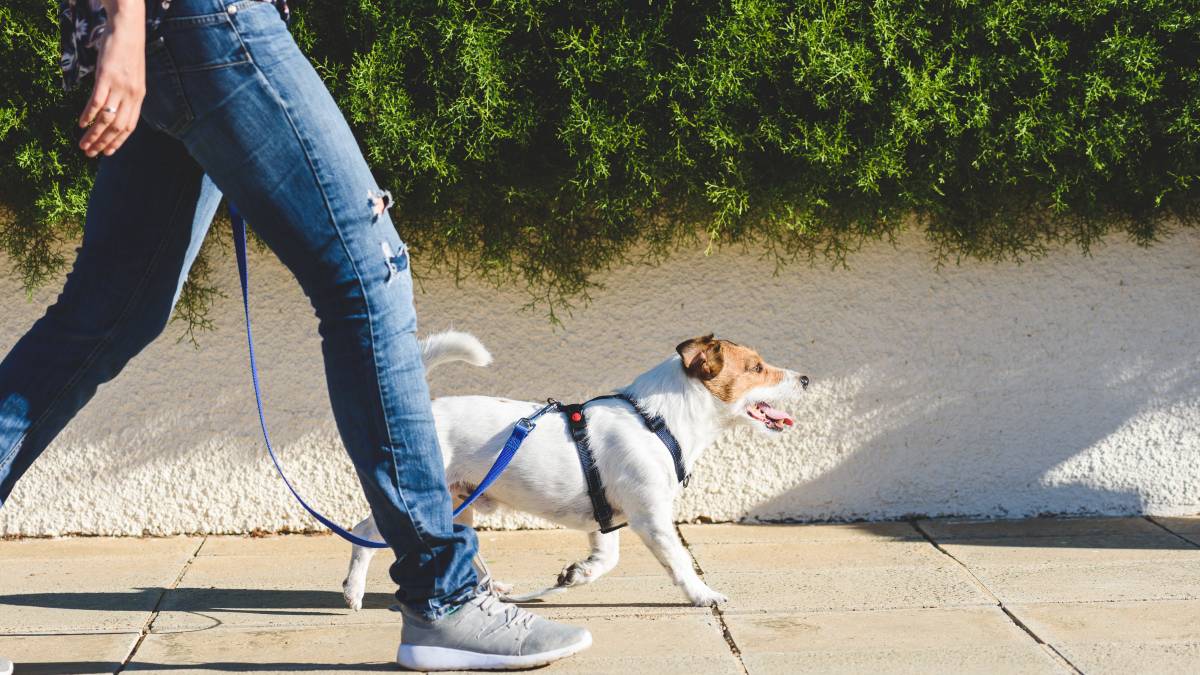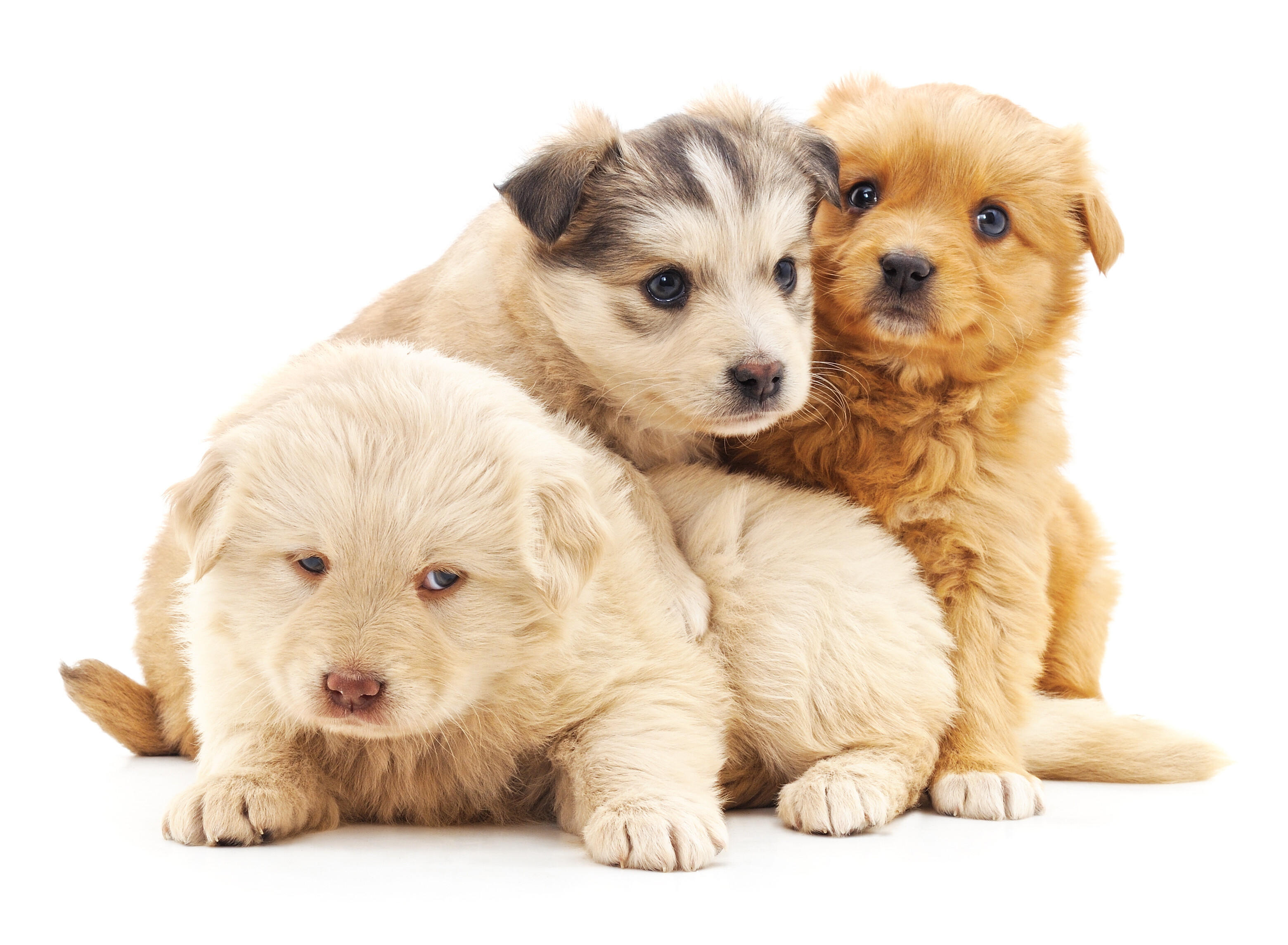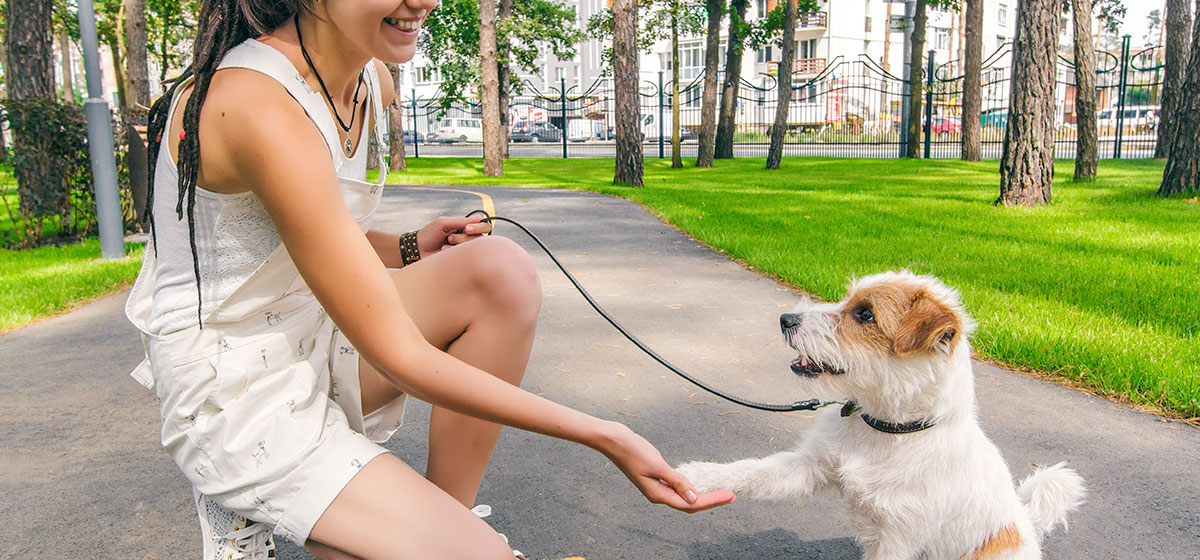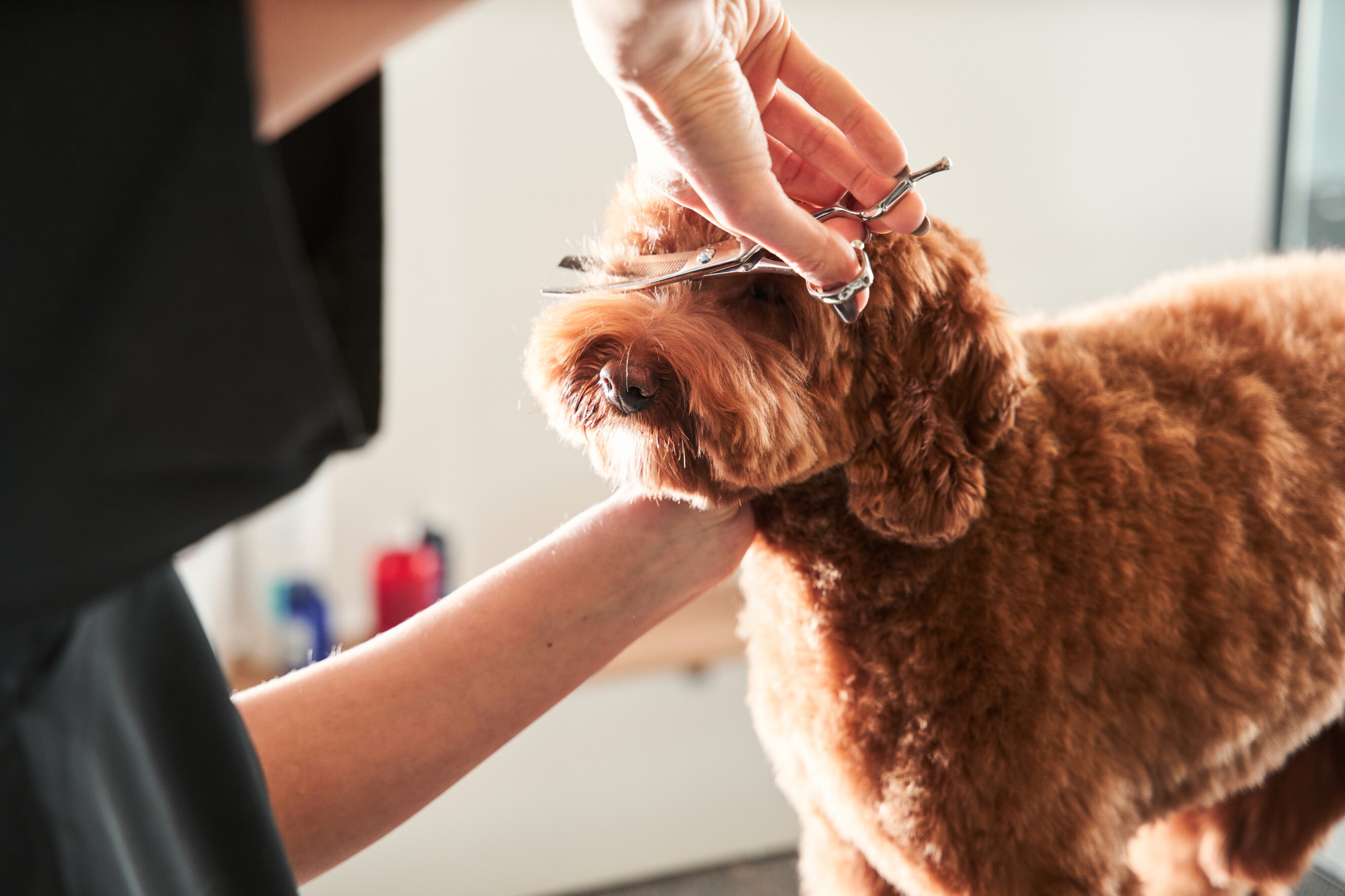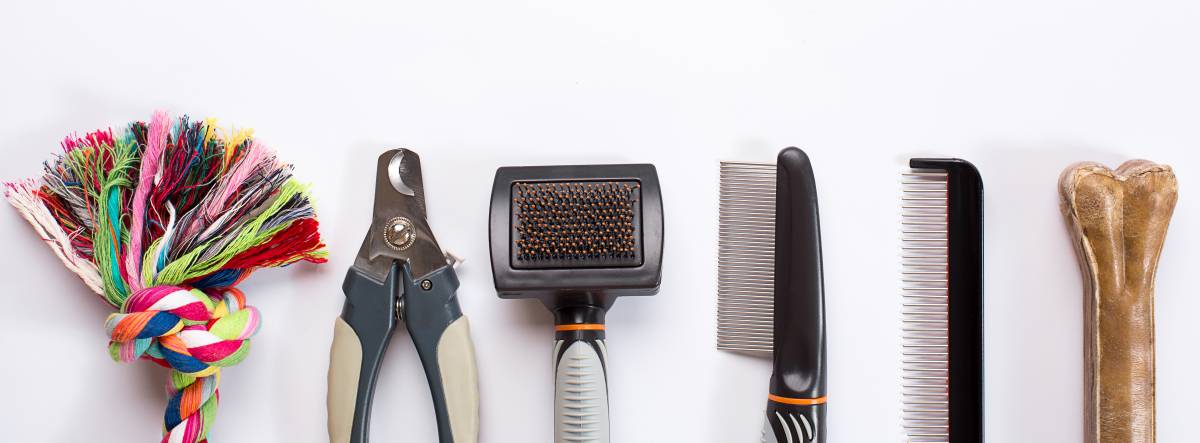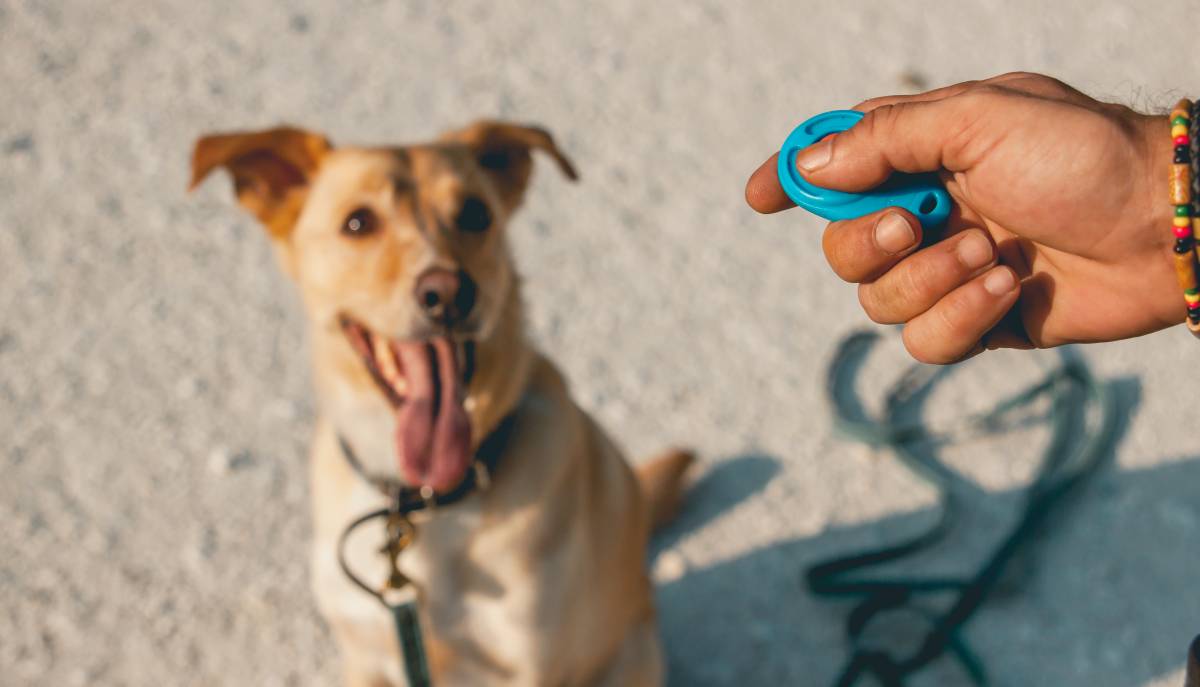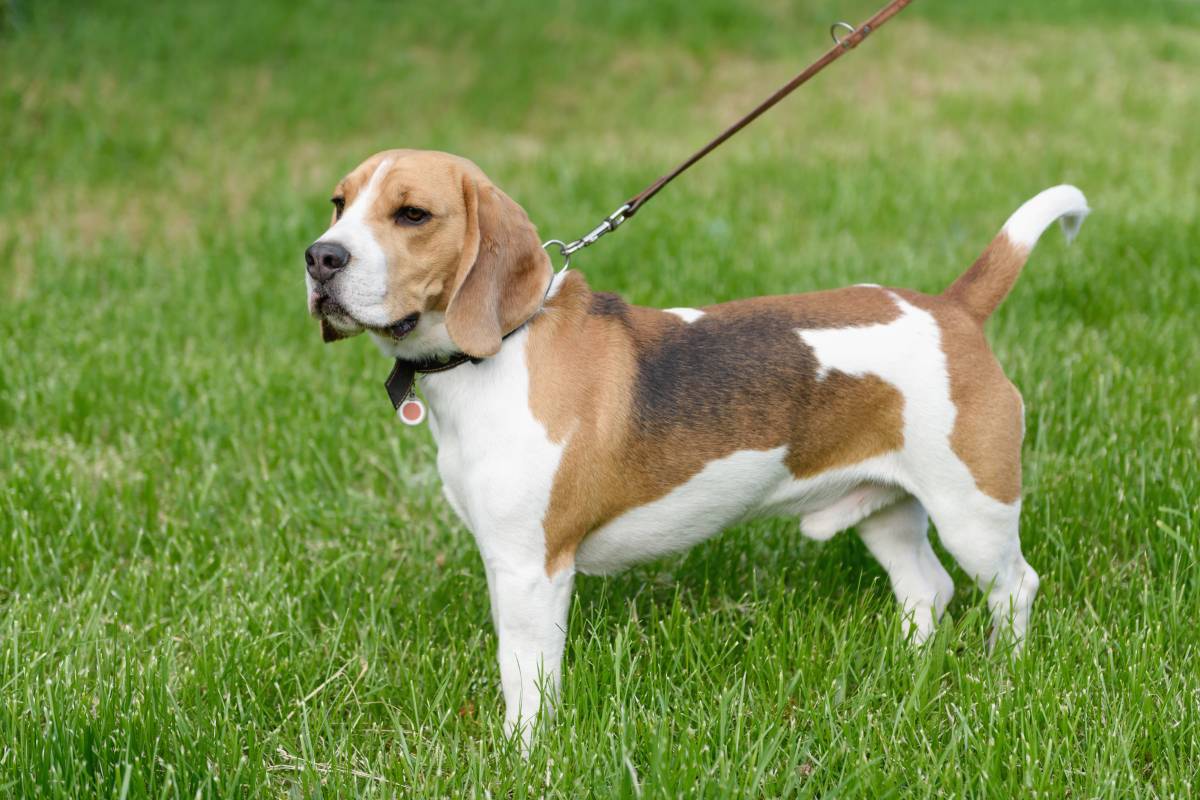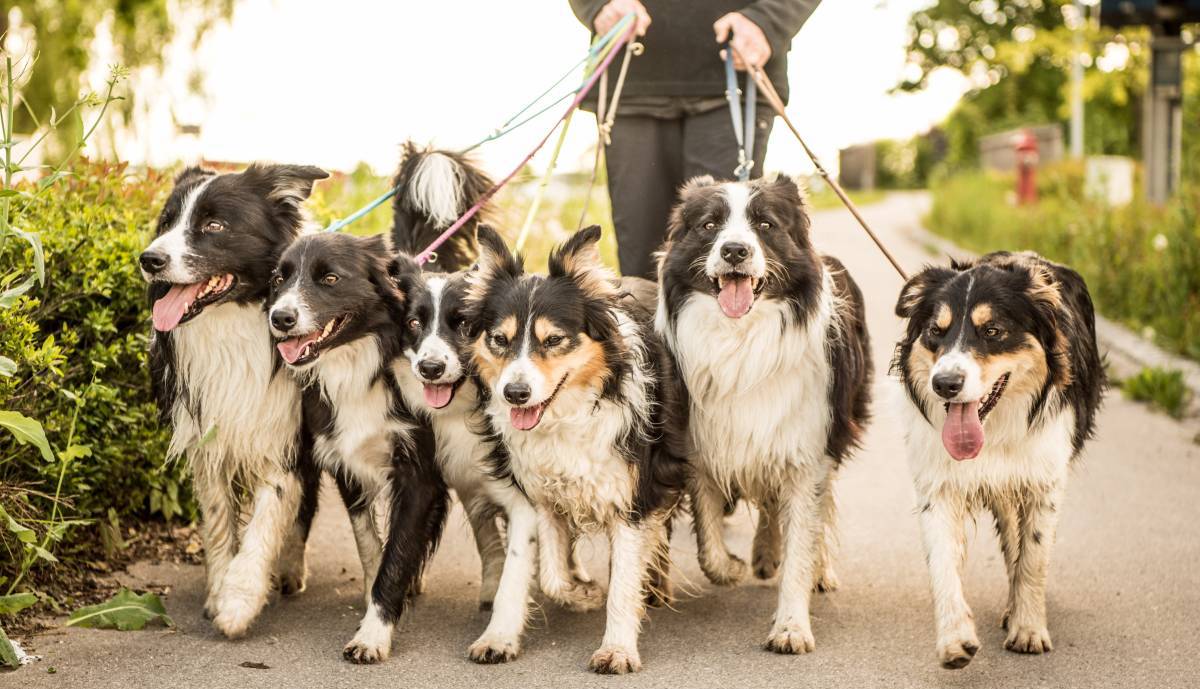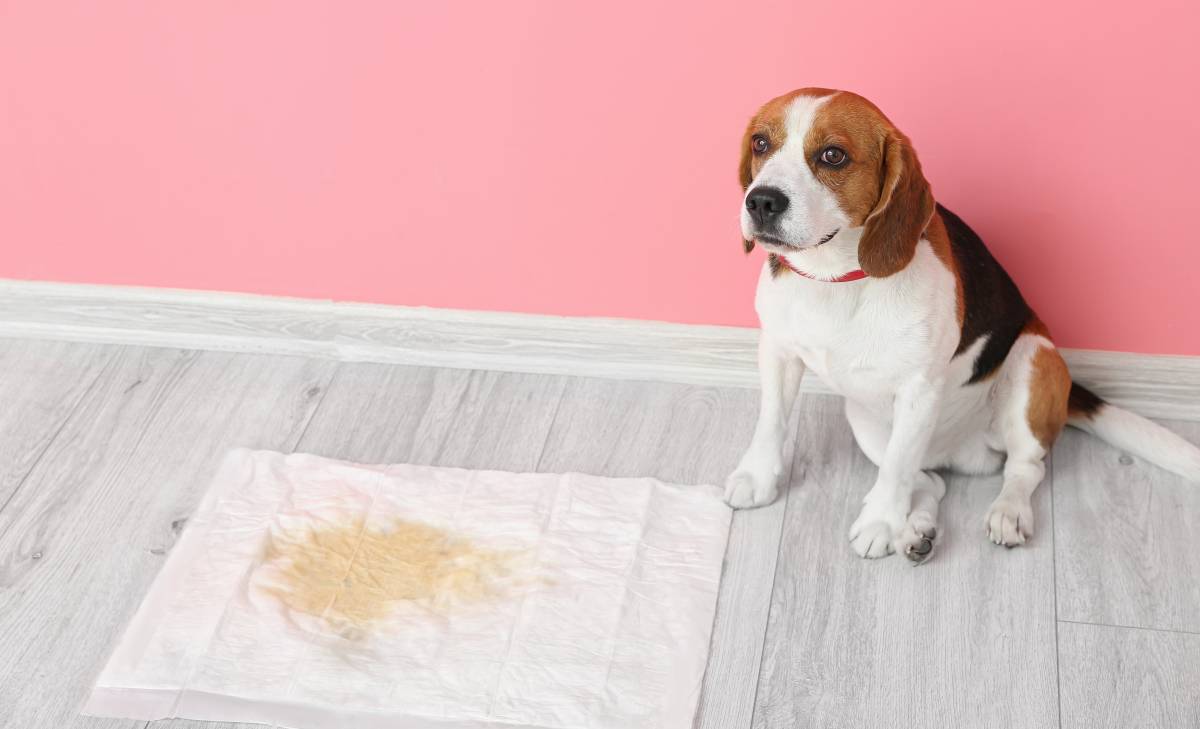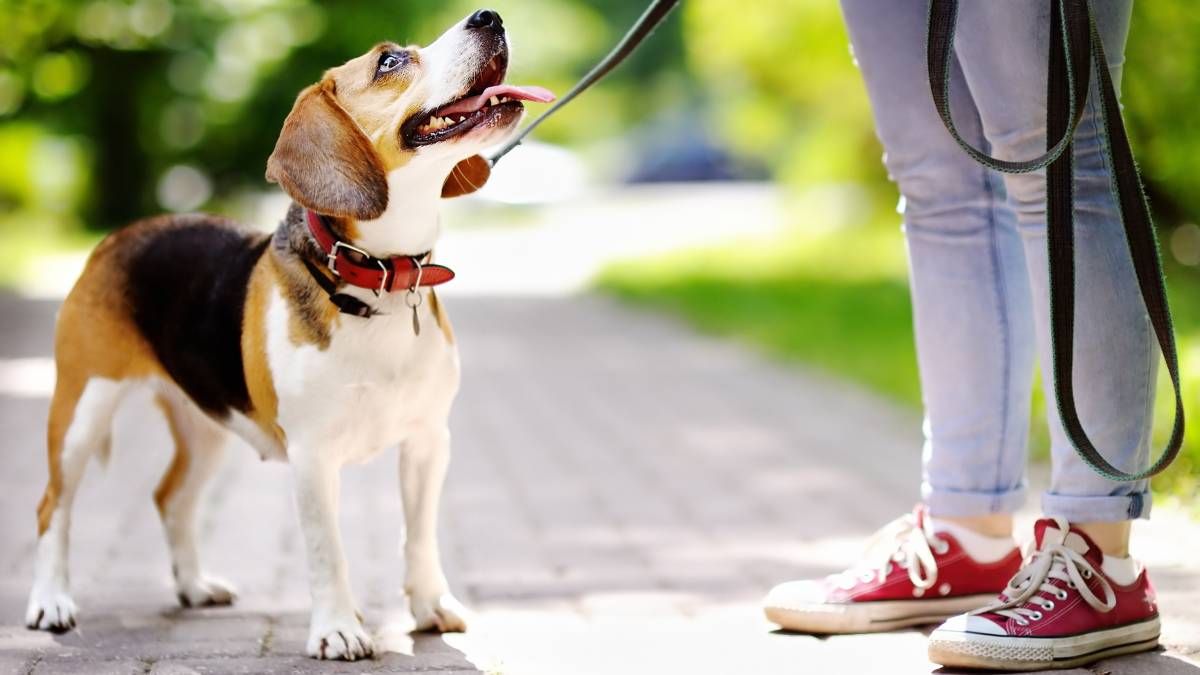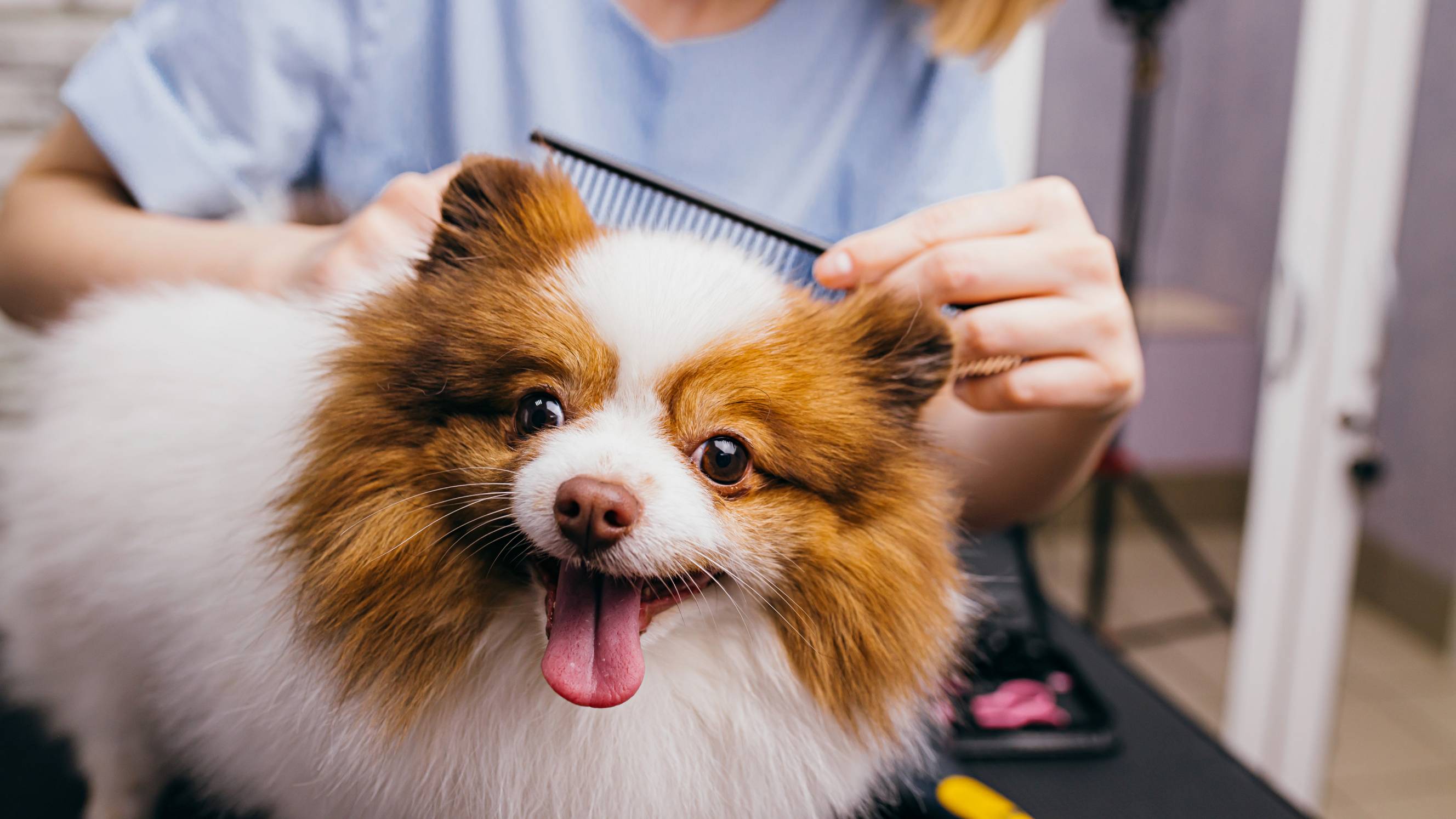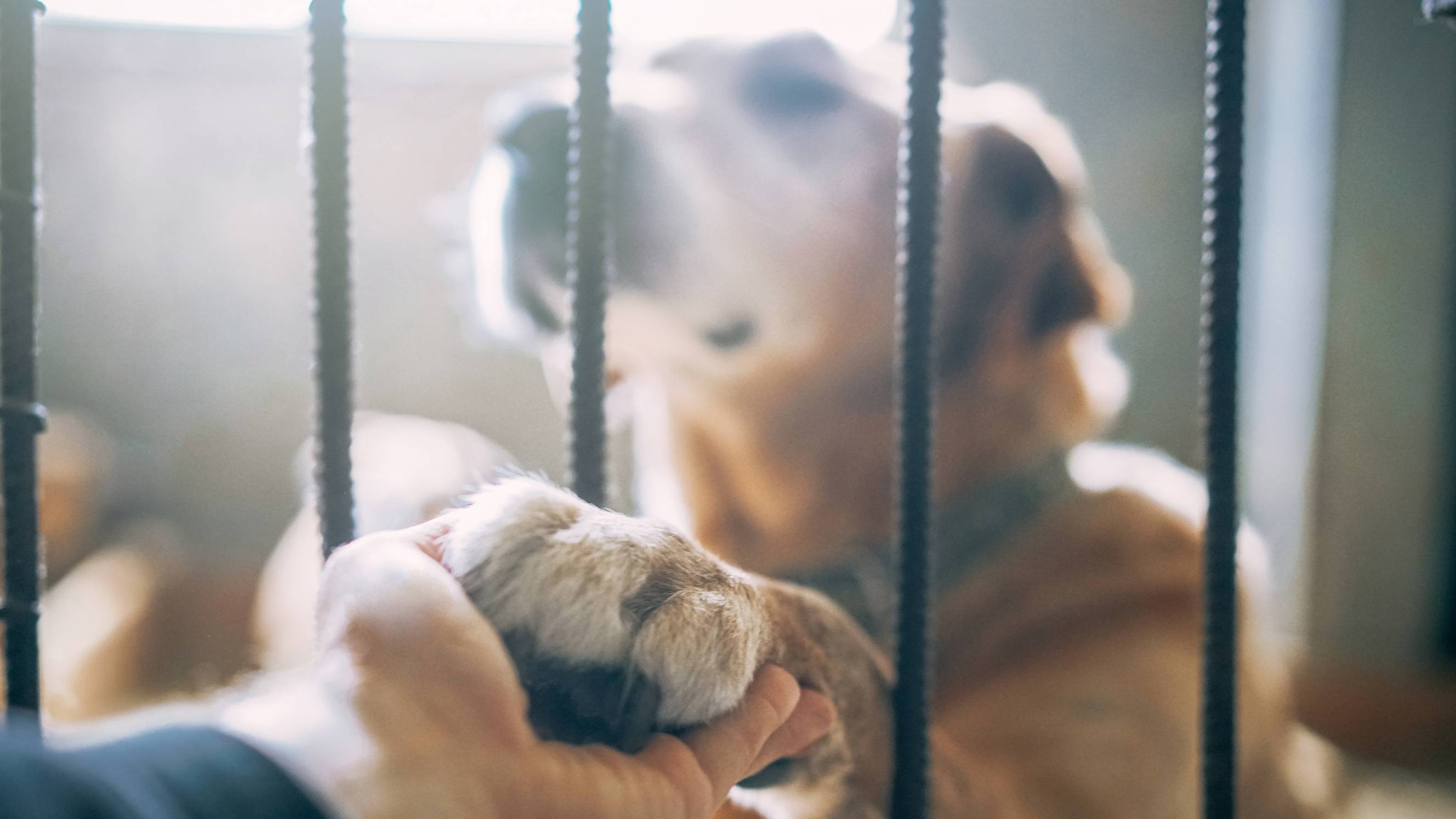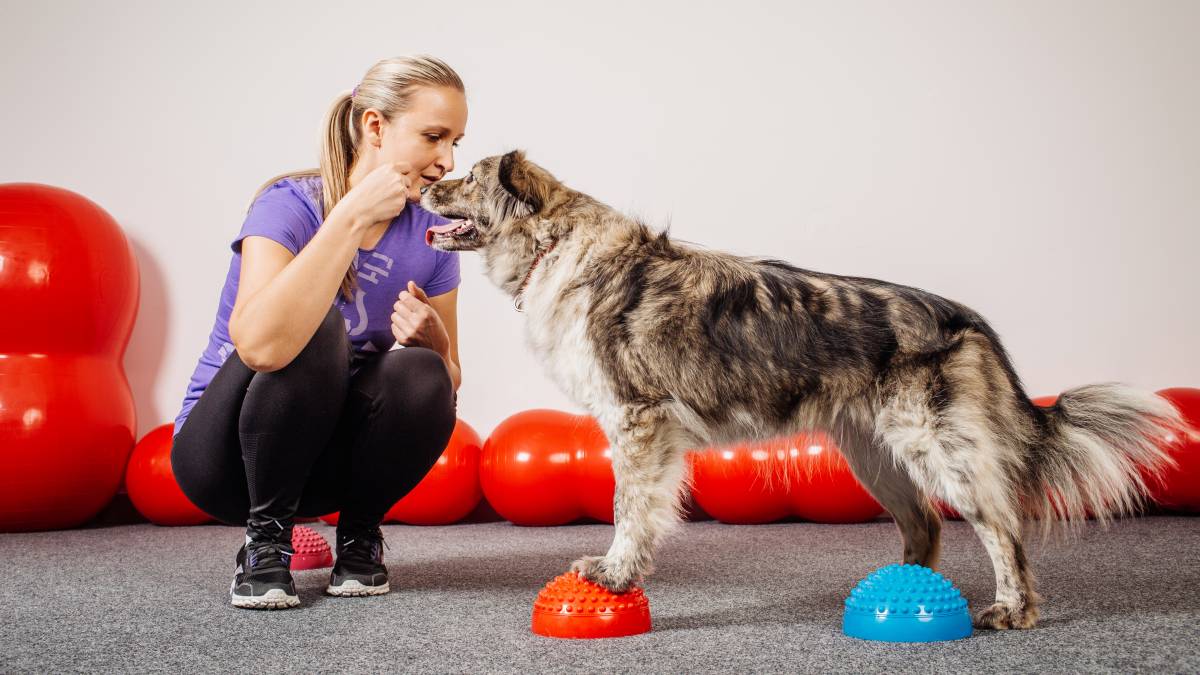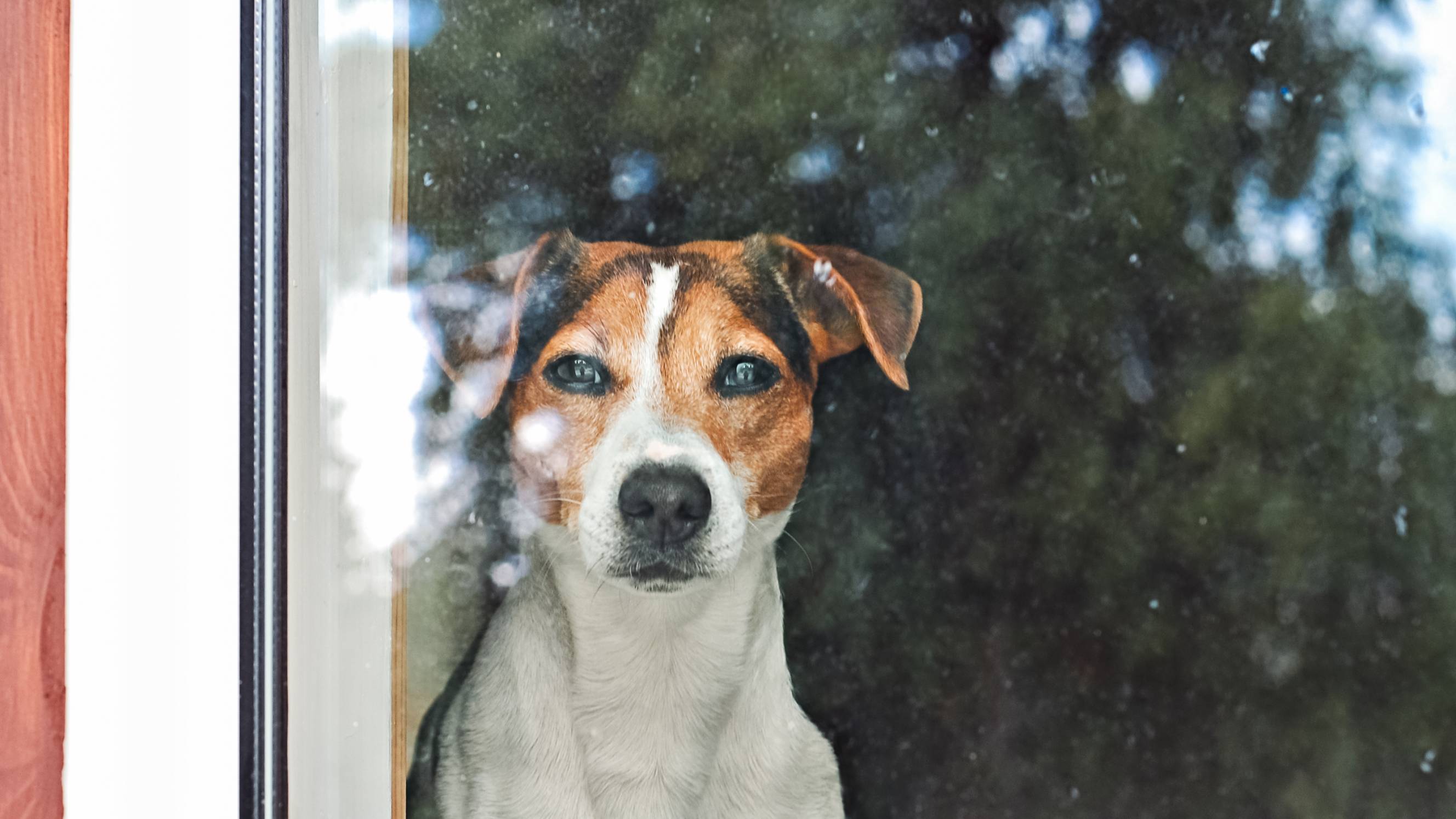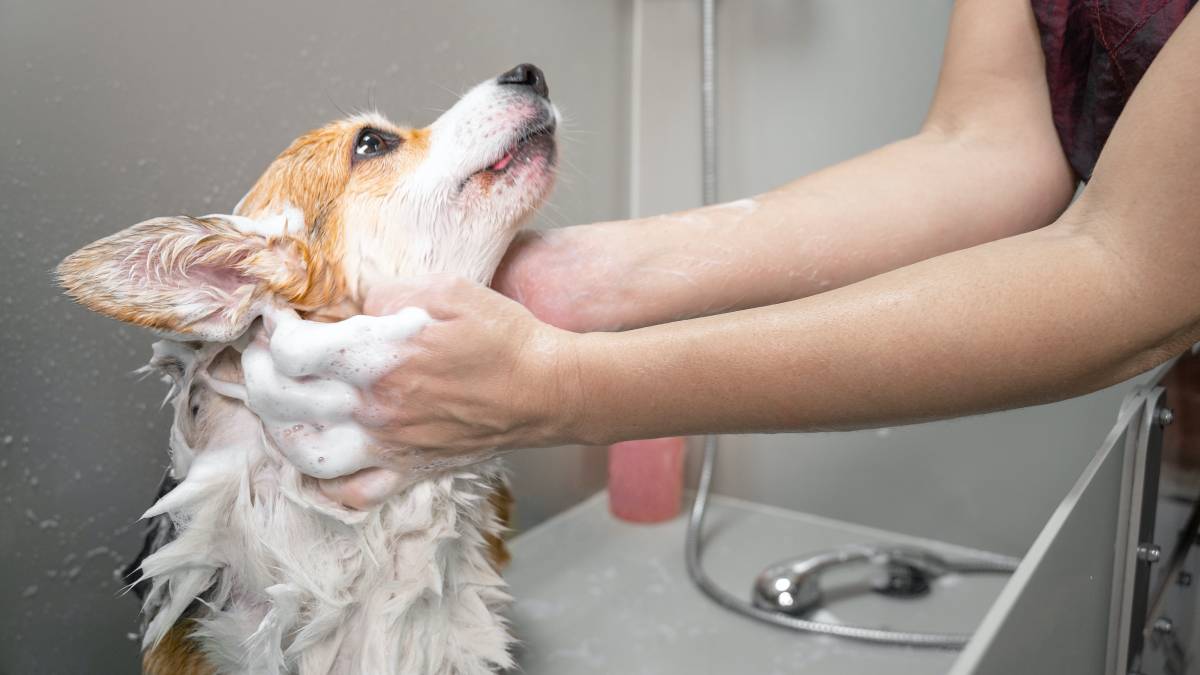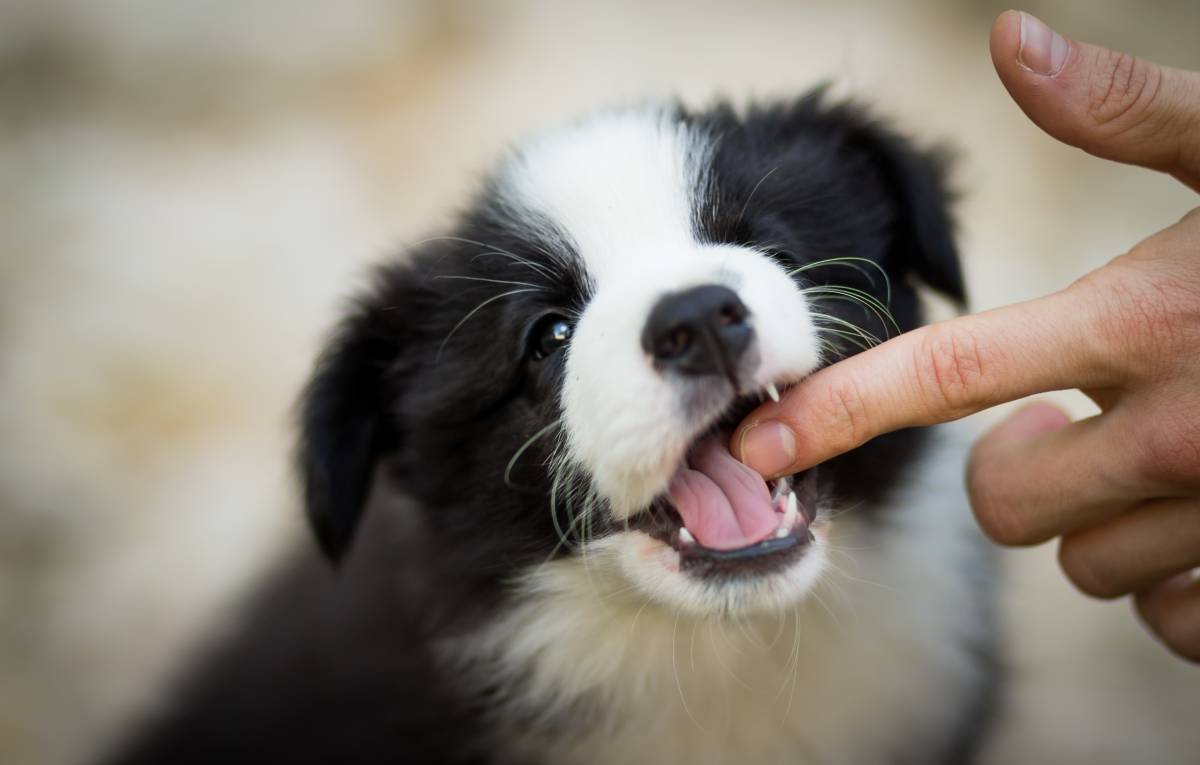
- Home/
- Guides/
- Puppy Training/
- How to Stop a Puppy From Biting
Tips to stop a puppy from biting and nipping
Need help training your dog? Learn from local dog trainers in our community!
Last Updated on
Puppies love to play. Unfortunately, this includes a lot of play biting and chewing as they investigate various objects. Those needle-sharp teeth don’t work well with our fingers and hands! Puppies often bite and mouth their humans’ hands or clothing.
While puppy bites are by no means malicious and can even be a little cute, they can lead to serious injury as your pup gets bigger. For this reason, it’s vital to curb this behaviour as soon as possible. By training your puppy to stop biting, you can show them you can get hurt and teach them to be gentle.
Here’s how to stop a puppy from biting.
Teaching bite inhibition to your puppy
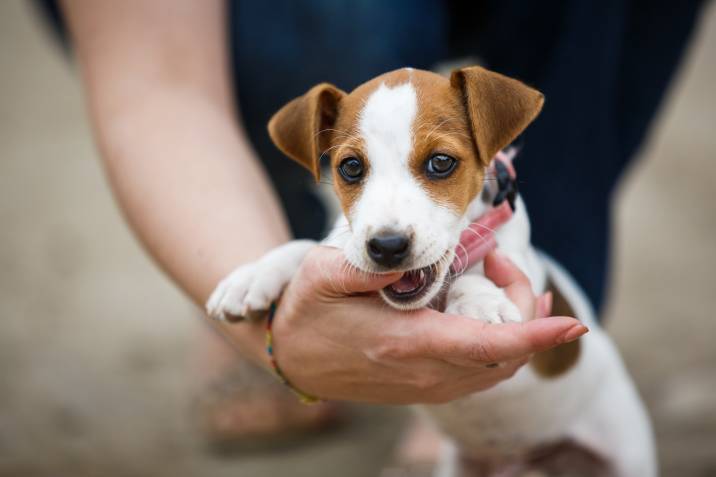
Bite inhibition is your dog’s ability to control the force of its mouthing. Puppies must learn this skill, so they can avoid causing injury when they are older.
Puppies can learn bite inhibition when playing with other puppies that yelp when a bite is too painful. You can teach your puppy the same concept towards people:
When playing with your puppy, let them mouth on your hands.
Continue the play until there is an especially hard bite.
Immediately make a high-pitched yelp and let your hand go limp.
Your puppy will be startled and stop mouthing. When they do this, give them praise and resume the activity. Repeat these steps up to three times or give your puppy a time-out if the yelping is ineffective.
Time-outs for curbing mouthing in puppies
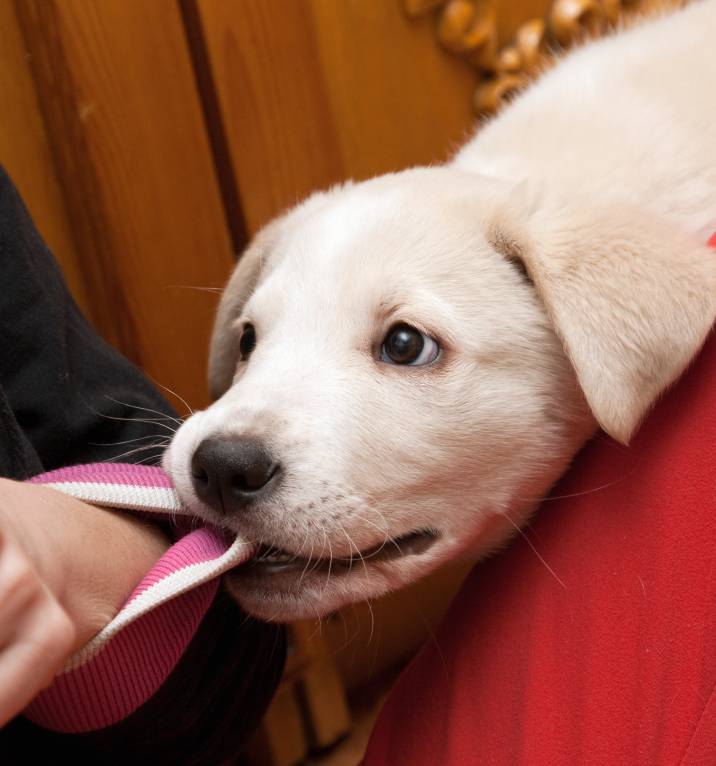
The time-out method can be very effective when learning how to stop a puppy from biting when excited.
When a puppy bites you hard during play, give a loud yelp.
Remove your hand when the puppy startles and looks at you.
Ignore the pup for 10 to 20 seconds.
If the puppy attempts to continue mouthing on, move away for 10 to 20 seconds.
After the short time-out, return and encourage more play.
The goal is to teach your dog that gentle play continues and painful play stops. Continue to play until there is another hard bite, then repeat the sequence above.
Alternative methods to stop a puppy from biting you
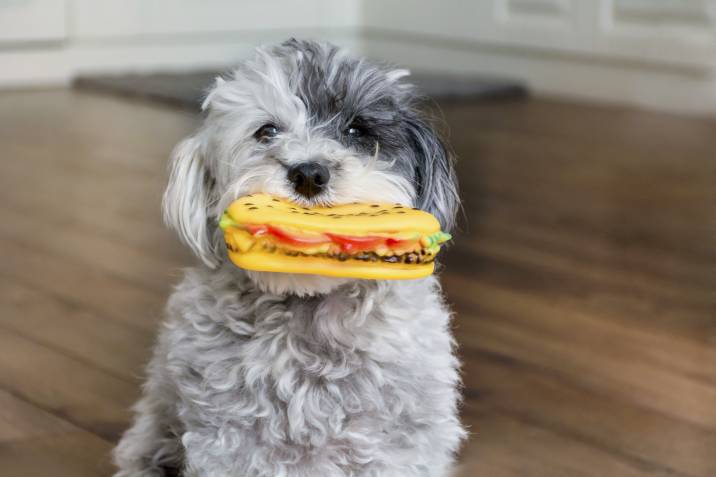
While the above tips are often effective, there are plenty of other techniques to stop a puppy from biting you. You can also try any of the following methods:
Give your pup a toy or chew bone when they attempt to gnaw on your fingers.
When your puppy gets riled up and starts nipping, distract them by feeding small treats. (Do this while patting the pup, so they get used to being touched without a bite reaction).
Encourage non-contact play, such as fetch or tug-of-war.
Provide a selection of interesting new toys to hold your dog’s attention.
Provide opportunities for play with other puppies
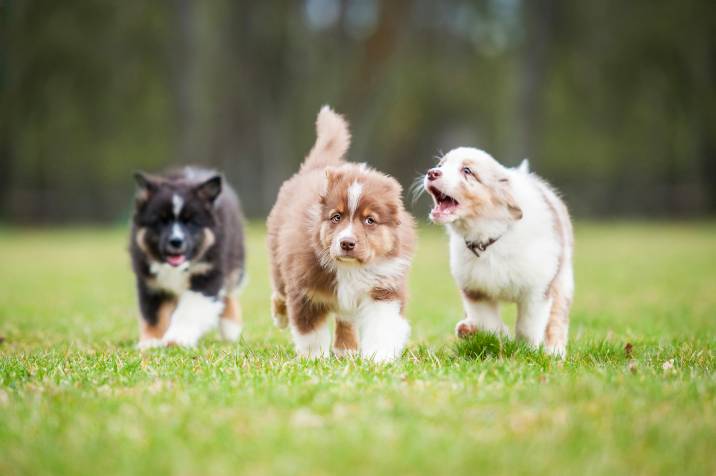
Socialisation with other puppies is excellent for your dog for many reasons. For one, playing with other puppies and vaccinated adult dogs helps your puppy’s development.
Your puppy will not only learn “how to dog” but will also expend a lot of energy, meaning they’ll be less motivated to have a rough play with you. Therefore, enrolling in a good puppy class should be one of your first actions as a new dog owner. Puppy school provides supervised playtime with other puppies while also teaching you, the owner, some essential new skills.
Always remember: Puppy school is for the humans as much as it is for the dogs. |
Dealing with a puppy tantrum
Yes, puppies do throw temper tantrums! This is especially the case when you make them do something they don’t like (such as all of the training above).
You can tell a tantrum by a wrinkled muzzle or tension in the puppy’s facial muscles. They can pull their lips back to expose teeth or growl, biting with something more painful than normal play mouthing.
If this happens, avoid yelping like you’re hurt, as your pup may continue or intensify the aggressive behaviour. Instead, remain calm and unemotional and hold your pup firmly without constriction until they quieten. If this behaviour persists or worsens, contact a qualified trainer as this is not something a puppy will simply outgrow.
Important: Under no circumstances should you strike or hurt your puppy when they are exhibiting this or any other negative behaviour.
Next steps if you need help training your pup
A puppy trainer can help you form an effective training plan suitable for your pup if the methods above don’t seem to be working. Hiring a trainer is also a good option if your pup’s biting seems overly aggressive or fearful.
Puppy training is a must, and you can check out our dog training cost guide to get a rough idea of what you should expect to pay for this service. New dog owners will also benefit from reading our puppy toilet training guide to ensure there are no unfortunate accidents in your home!
FAQs on how to stop a puppy from biting
In general, puppies stop play biting between three and five months old. Rest assured that mouthing or play biting is a phase your puppy should eventually outgrow. Your puppy’s temperament, the consistency of training, and other factors may determine how quickly this happens.
Puppy bites are usually innocent, even if they may seem aggressive. Puppies are full of energy, excitement, and curiosity. Play biting is one of their primary ways of interacting with the world. The teething period is another primary reason why puppies bite. Biting and chewing can relieve discomfort as their new chompers come through.
Find puppy trainers, fast
Find a puppy trainer
Related articles

Your ultimate guide to dog care
Read more
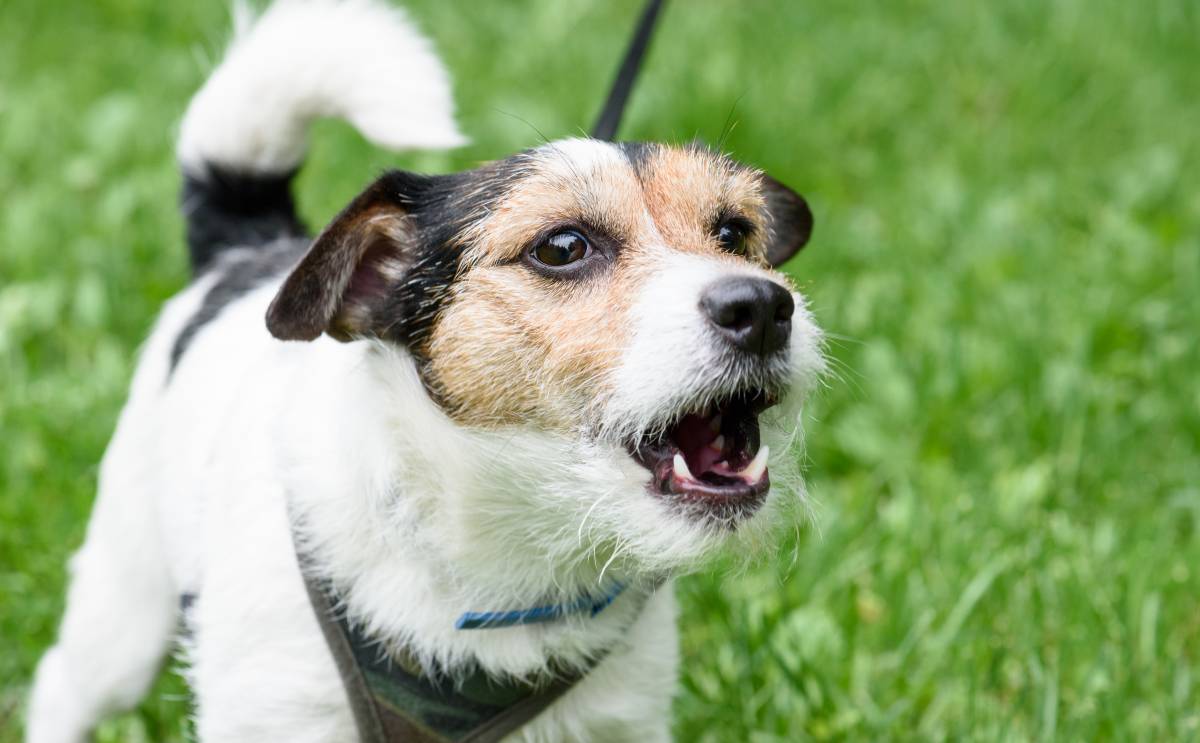
Reactive dog training tips
Read more
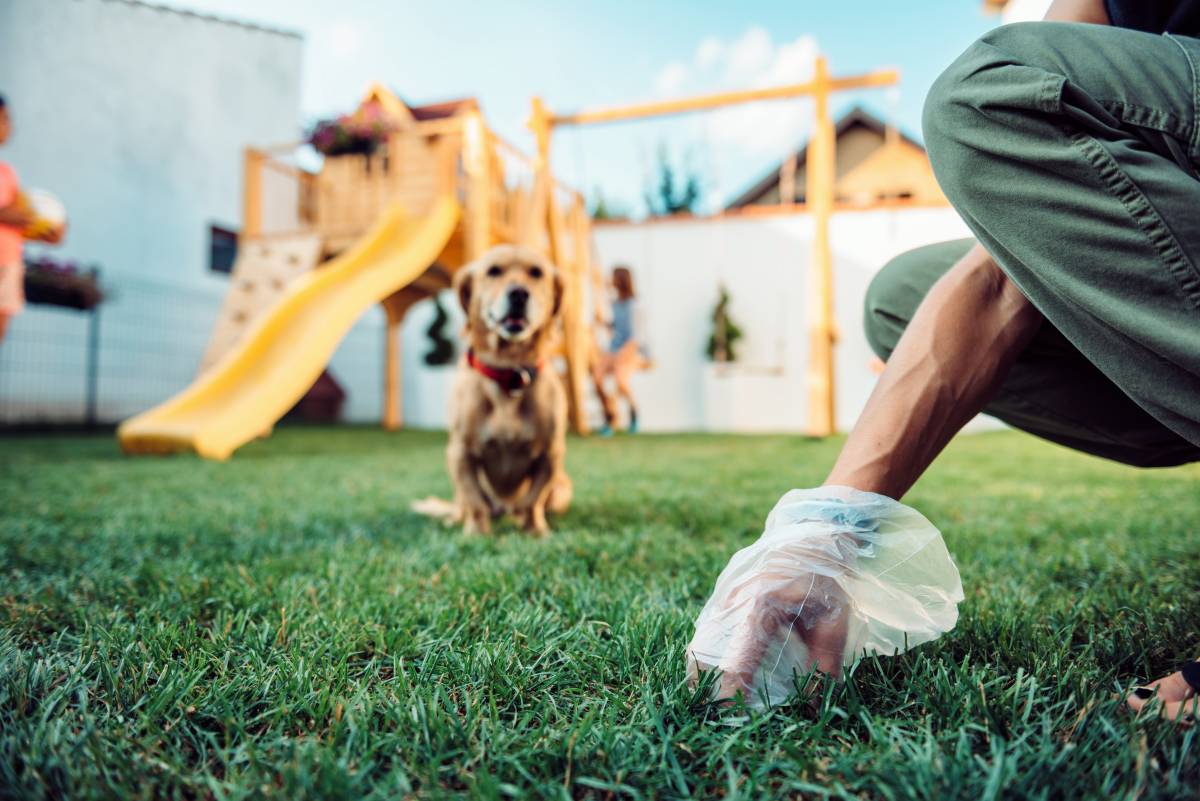
3 Effective ways to house train a dog
Read more
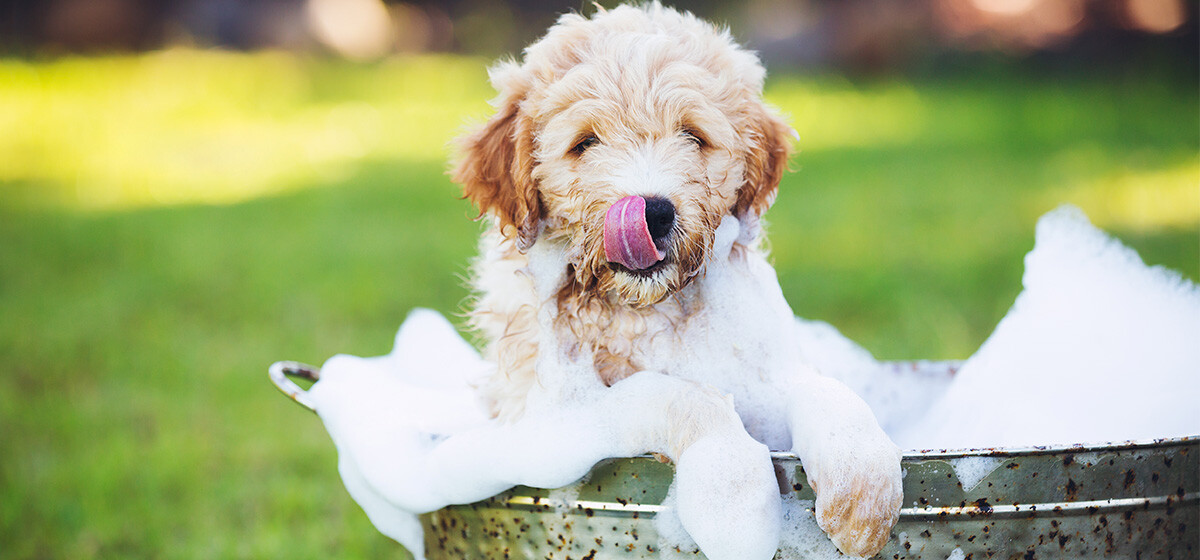
How often should you wash your dog
Read more
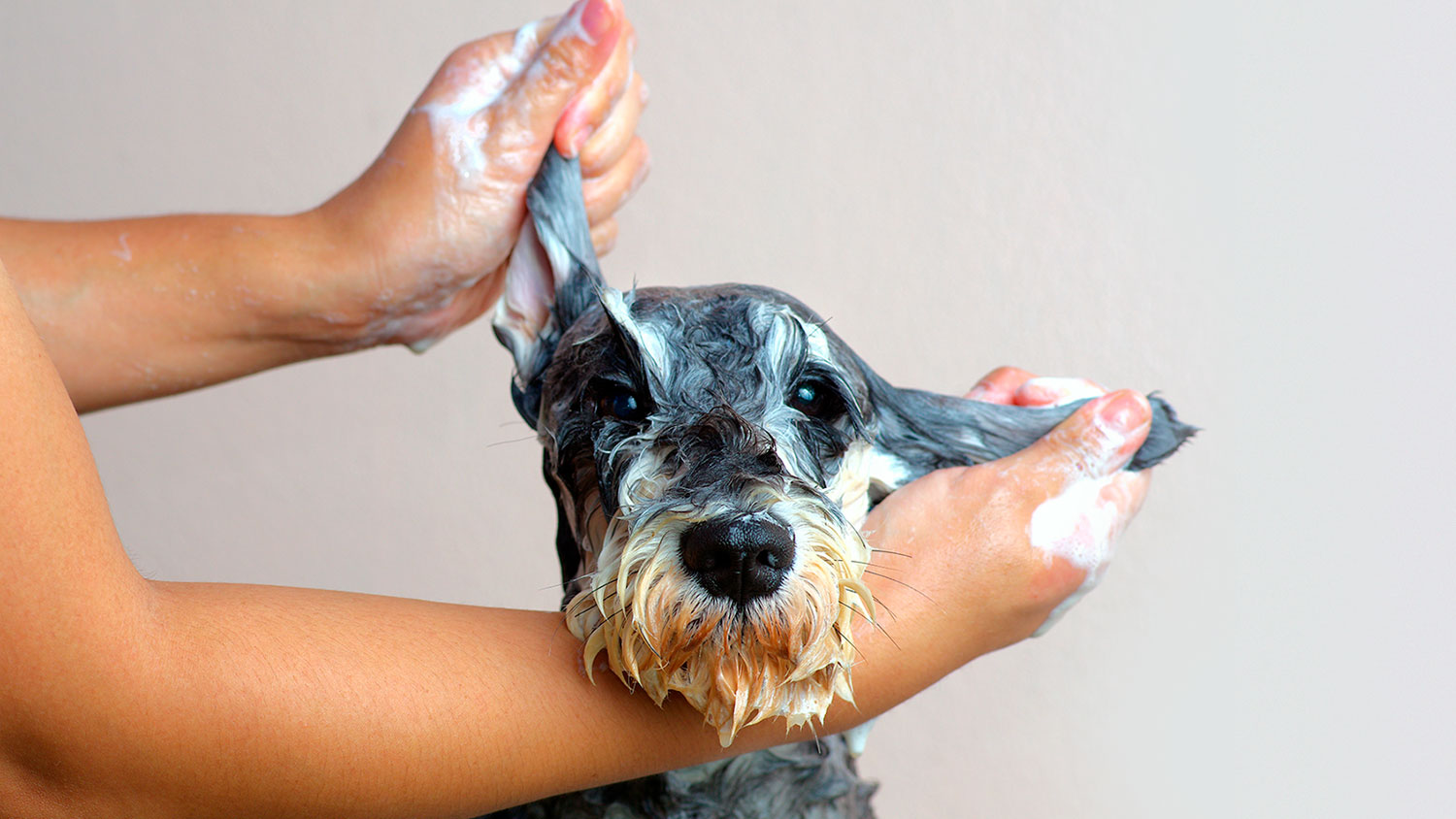
How to bathe your dog like a groomer
Read more
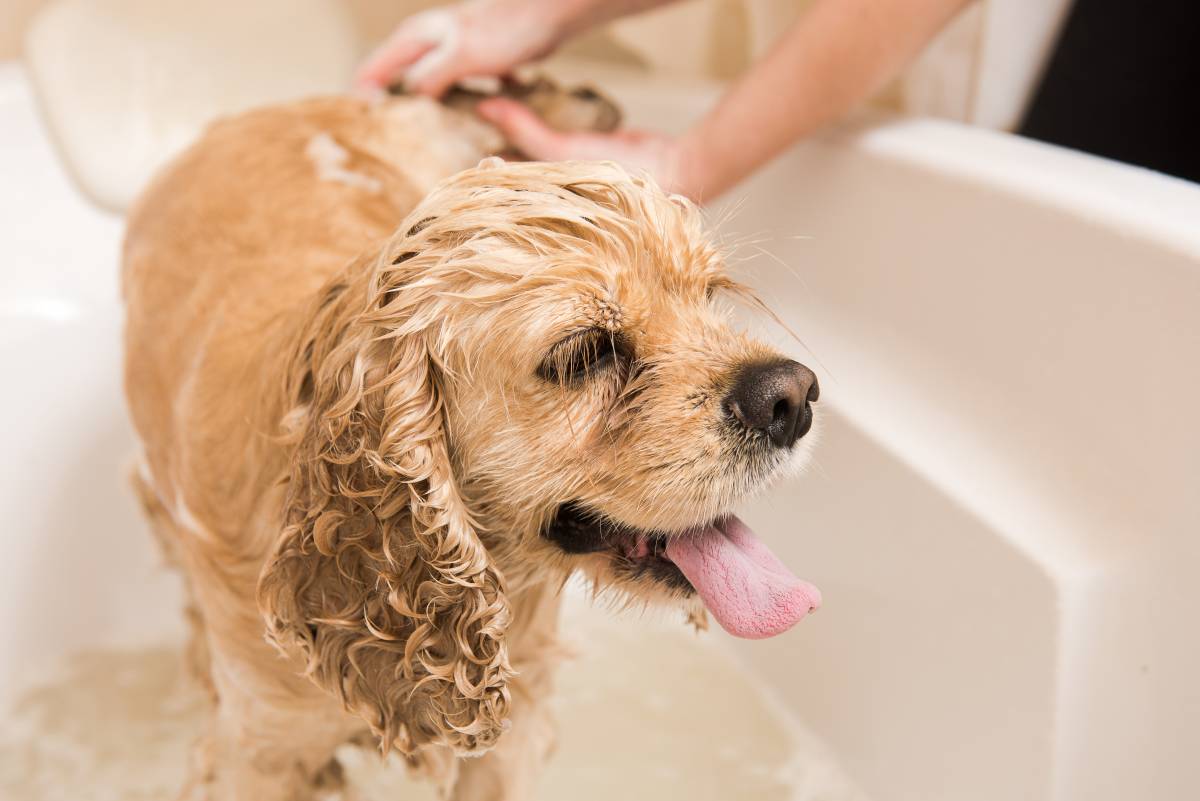
How to groom a dog at home
Read more
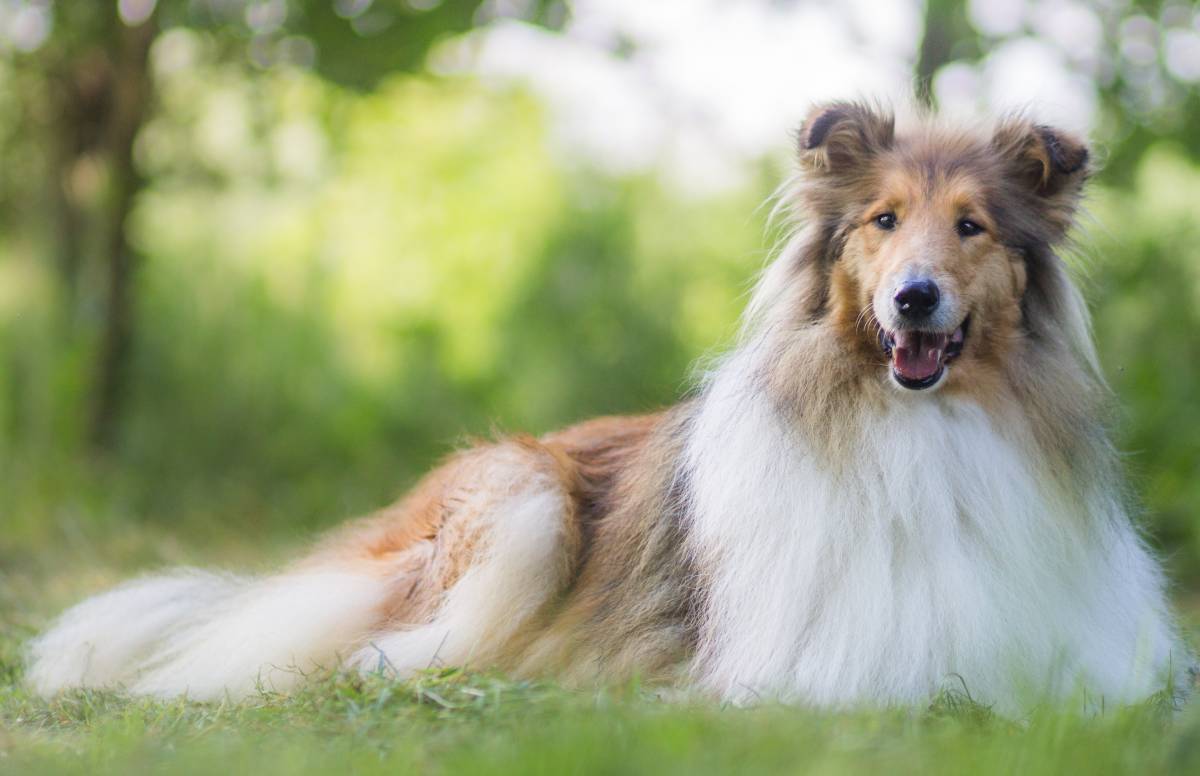
How to groom a long-haired dog
Read more
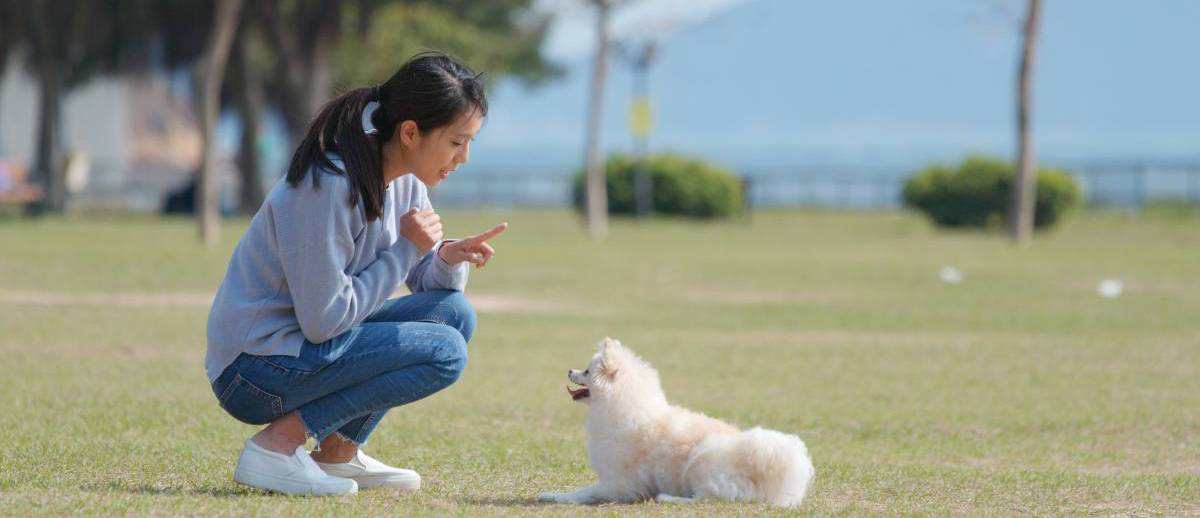
How to become a dog trainer
Read more
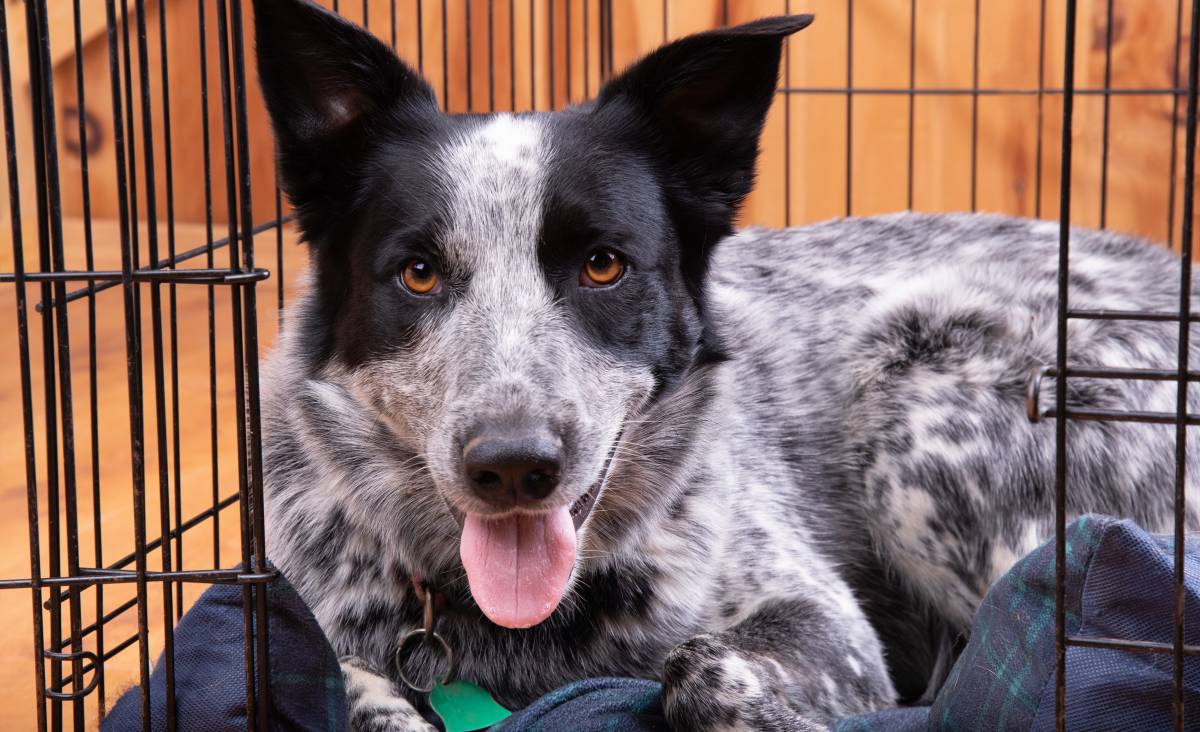
4 Steps to crate training a rescue dog
Read more
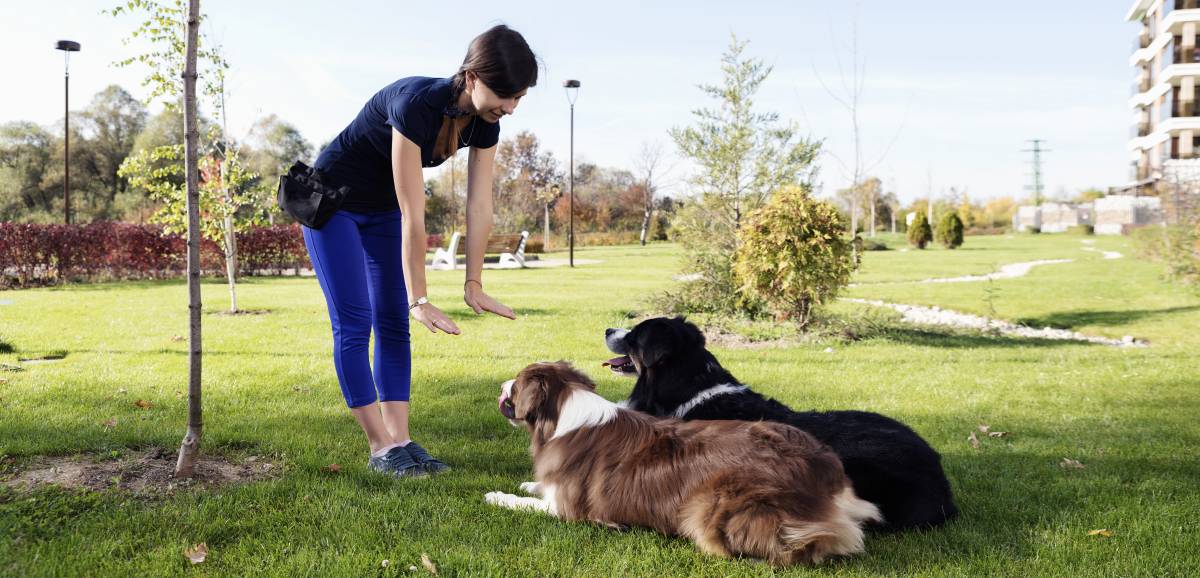
Dog training 101: How to train your dog
Read more
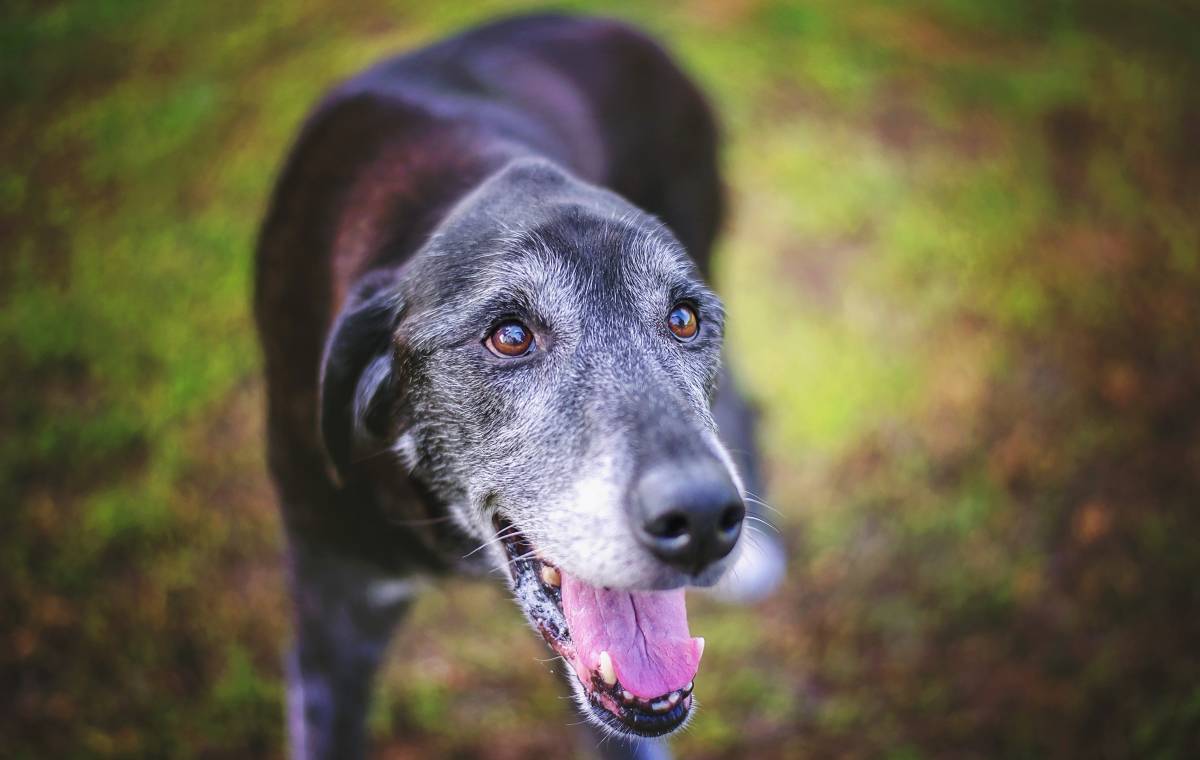
Tips for training an older dog
Read more
Related price guides
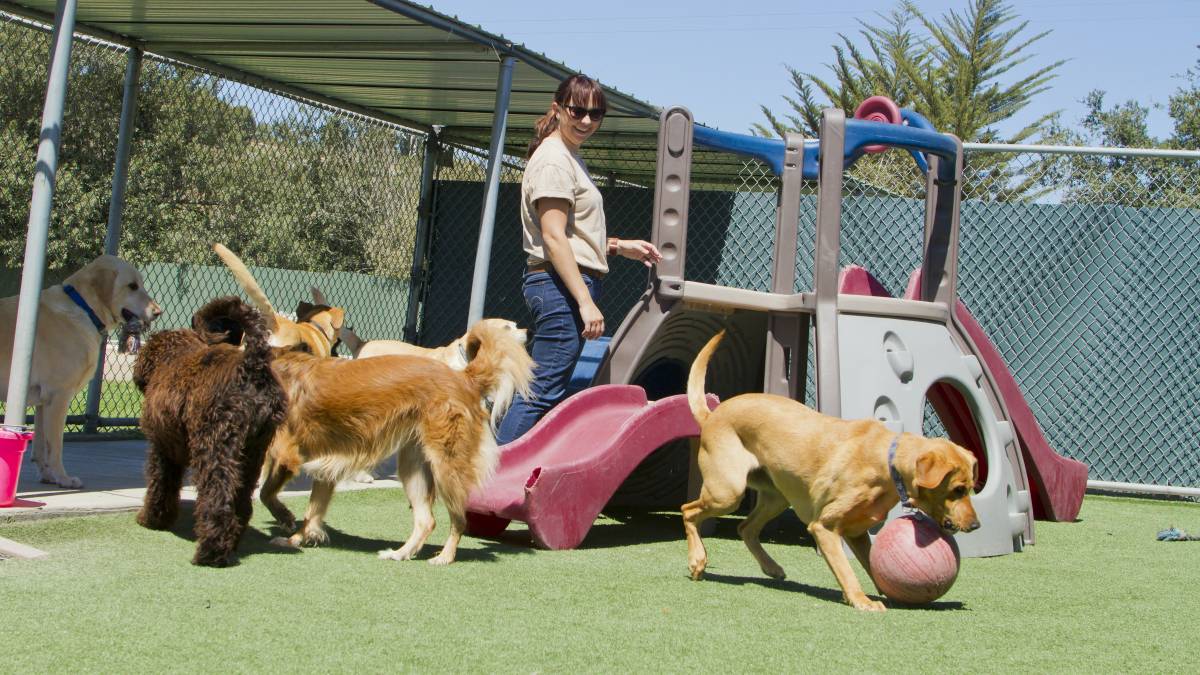
How much does dog day care cost?
Read more
